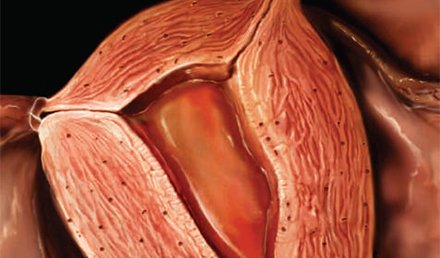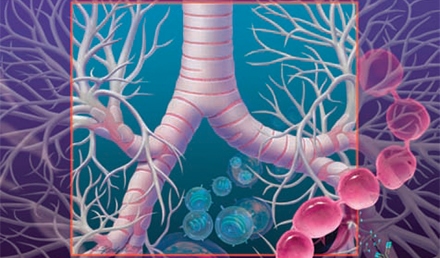Urgent message: Vaginal bleeding is a common presentation in the urgent care setting. An assessment of hemodynamic status, as well as an understanding of potential causes, is necessary to initiate treatment and triage the patient correctly. Thomas Sunshine, MD Introduction Patients presenting with what they perceive to be vaginal bleeding will not know whether that bleeding is specifically uterine, cervical, or (rarely) vaginal in origin. It is incumbent upon the urgent care provider to have …
Read More





